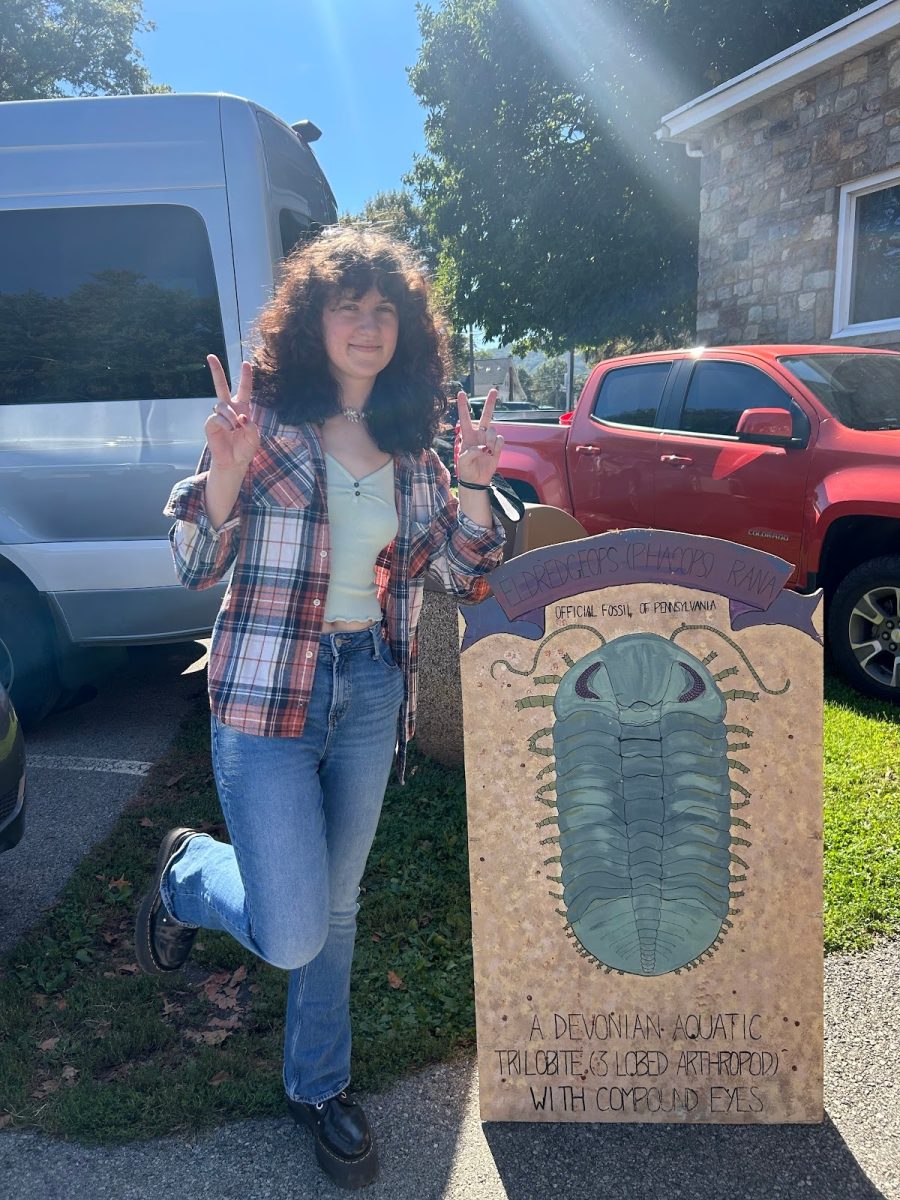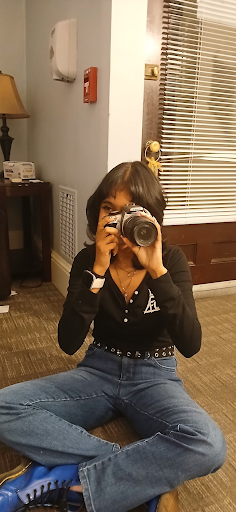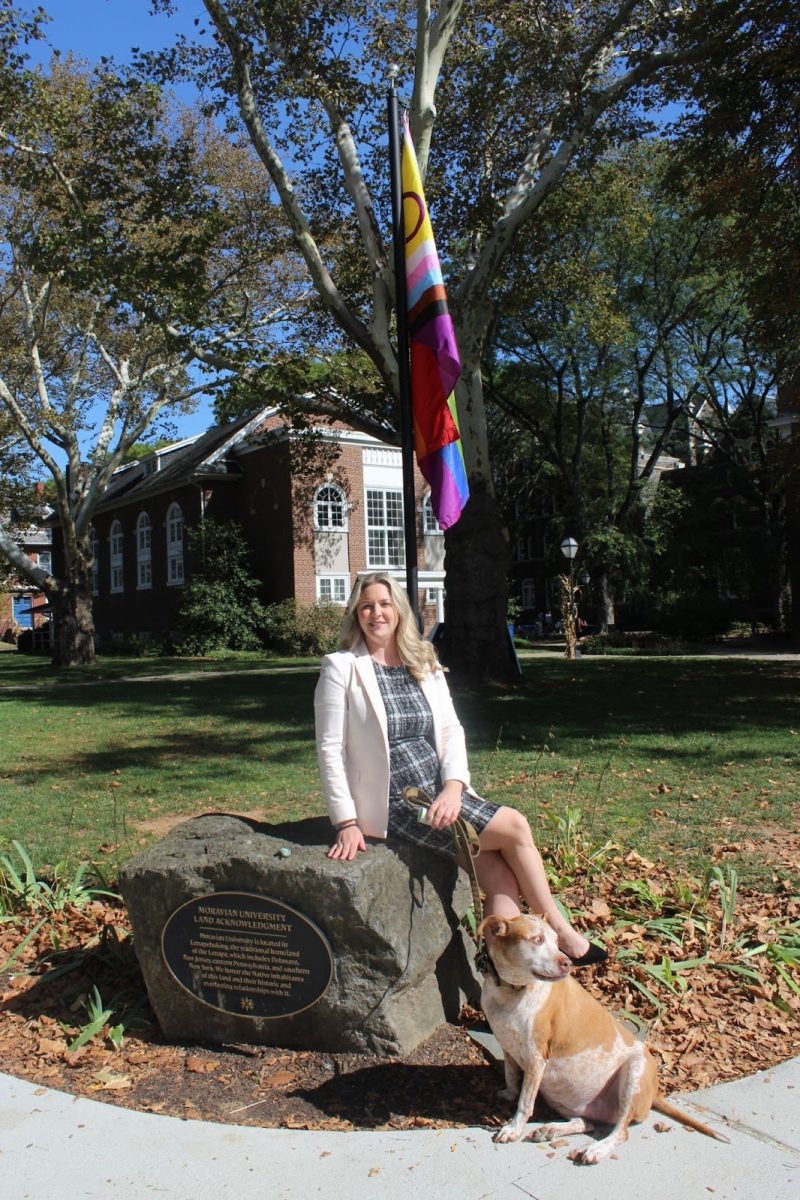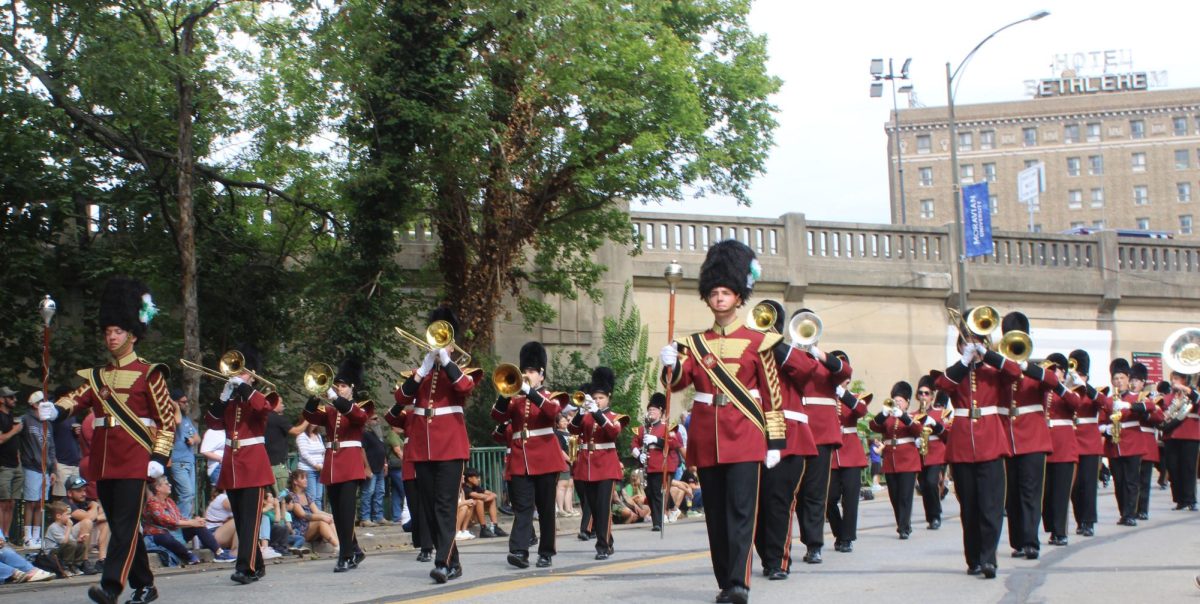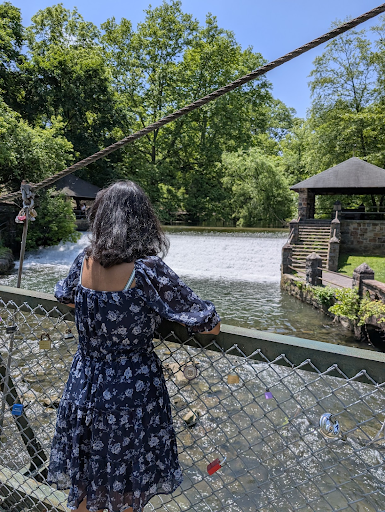
Have you ever felt awkward in social situations? Are you prone to avoiding eye contact in fear that you will be turned to stone? Does the idea of talking to new people at a function fill you with insurmountable dread? If you answered yes to any of these questions, then you, my friend, may have social anxiety.
Social anxiety has been something I’ve struggled extensively with since the good ol’ days of middle school bullying. Fortunately, I’ve become much less socially anxious since going into college, but even sometimes, I will feel those familiar pangs that come with acting awkwardly. Sometimes, I talk too fast and stutter over four-word sentences. Sometimes, small talk makes me itch, and I resort to constant nodding followed by a string of “uh-huh’s” and “yeah’s.”
There was a time in high school when my social anxiety was so intense that I had a terrible anxiety attack after giving a presentation … to three people. Speaking in front of others terrified me nearly to death. I was so afraid of being perceived in a certain way and just didn’t have the confidence to interact with others the way I do now.
I’ve come a long way since then, and while talking with people can still be nerve-wracking, I’ve learned to love interacting with people. You’ll never know when you’ll have a golden conversation with a stranger, like talking to a guy for 15 minutes in the pet food aisle at Walmart about cat treat recommendations (yes, this happened to me, and bless that stranger wherever he is).
Here are just some tricks I use to get me through sticky social situations and awkward mishaps that come with talking with others.
Knowing Where To Look
Maybe this is a Gen-Z, post-COVID-19 take, but making eye contact has gotten harder over the years. People either don’t look at you when you talk or stare at you so intensely that it feels like they are hyper-analyzing you. I notice people would rather look down at their phone when they see another person walking towards them than say a quick “hello” or smile.
I know eye contact can be tricky, especially if you’re neurodivergent. As I mentioned before, eye contact can sometimes make me uncomfortable, but I’ve found tricks to make it less anxiety-inducing or dreadful.
When talking to someone, don’t look into their eyes; instead, look at the space between their eyebrows (also known as their glabella)! That way, you’re avoiding eye contact without actually avoiding eye contact. I might be exposing myself by revealing this, but it genuinely has helped me calm down when listening or talking to someone.
Speak Slower
This may seem like a no-brainer, but speaking slower can really keep you grounded when you’re talking to people. As someone in the humanities, I often give oral presentations and speeches, whether for a class or a conference. I usually use notecards, and on every card, I will put in bold lettering at the very top, “Speak Slower!” that I’ll then repeat to myself internally until I feel more collected.
This helped me when I held a workshop for the Bridging the Gap conference and gave a speech at the R.E.D.I Rise Dinner while President Grigsby was just a few feet away from me.
Sometimes, you’re so nervous that you want to get all the words out at once and end up stuttering everything you say. Speaking slower lowers your adrenaline, and you’re able to articulate your thoughts clearly. Don’t forget you can always pause if you need a little reset.
And, as I learned from taking classes with Dr. Lempa, keep yourself hydrated before giving a speech or talking to a group of people. Having a cup or bottle of water with you is always useful, and it makes for a great prop if you’re the anxious type who needs to fidget or hold something!
Exposure Therapy/Find Any Excuse to Talk to Someone
During my time at Moravian, I’ve learned that combating social anxiety requires exposing yourself to social situations. Simplest solution ever, right? Not so much at first.
Years ago, I remember being in a Walgreens and seeing someone wearing a Bungo Stray Dogs t-shirt, and I really wanted to compliment them. For some reason, though, the idea of saying, “I like your shirt,” petrified me. What if they don’t respond nicely or look at me weirdly? And, still, I pushed myself to say it, and I was met with a warm, short “thanks” in return.
Whether it’s complimenting someone or asking a question, even if you already know the answer to it, finding an excuse to talk to someone is a great way to get that conversational ball rolling. I noticed that in most social situations, people won’t laugh at you or openly reject you if you compliment them, ask them a question, or even fumble your words a little. That’s something I’m still processing and coming to terms with myself.
When you’re consistently pushing yourself into social situations, socializing starts to feel much smoother. For example, I used to be terrified to conduct interviews with people for the newspaper, but the more I did them, the less I dreaded them.
Be Kind To Yourself
You won’t always have the smoothest social interactions, and that’s okay. It’s normal to have a slip-up or stutter or even say the wrong thing because you misheard what the other person said. The best thing you can do is be patient and kind to yourself. Social anxiety isn’t something you can easily will away. Sometimes, it takes lots of practice to be okay with talking to others or making eye contact. Those fumbles or socially awkward quirks you may experience are reminders that you can try again. Experiencing awkward social situations doesn’t mean you’re socially inept or unable to socialize. You’re navigating a specific type of anxiety, and giving yourself grace is important in helping you build that social confidence.
And, if you have the means, see a therapist or counselor as a first step into exposure therapy and talking with someone. Take advantage of our wonderful Counseling and Psychological Services (CAPS), which not only provides therapy and psychiatric services but also has therapy groups you can join to help you socialize or feel comfortable talking to others. Taking that first step to talk personally with someone you’ve never met before is a good sign for dealing with social anxiety – and as a social anxiety survivor, I can say that with unwavering certainty!
Stay social, friends! You can fill out my Google form if you have future article suggestions or feedback.




